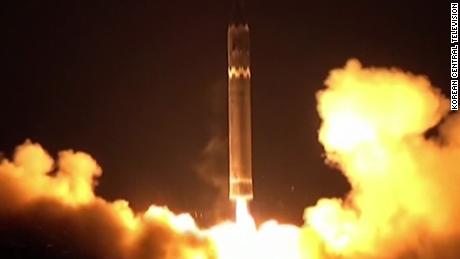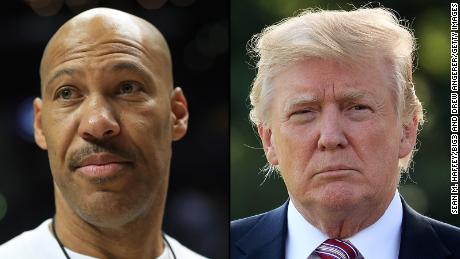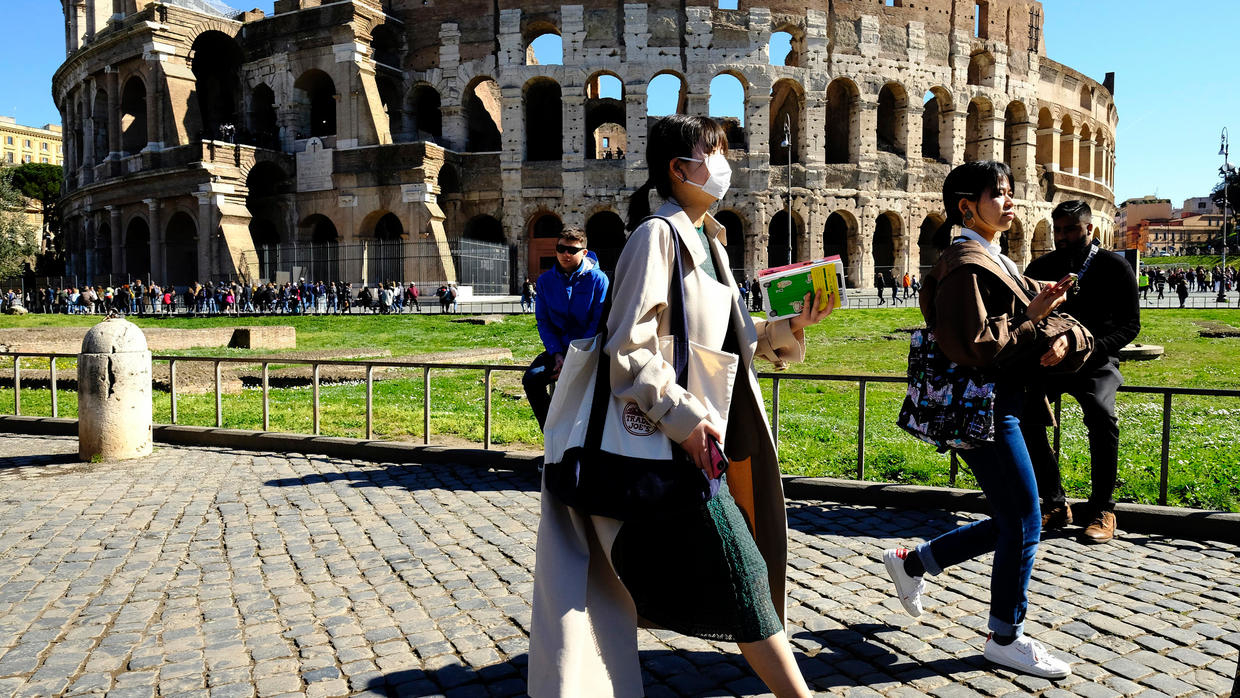Opinion: One way to prevent nuclear war — nuclear disarmament

The crisis in Korea poses the most immediate and visible threat of nuclear conflict — but it is not the only potential flashpoint. There is low-level fighting, with small arms and occasional artillery fire, almost every day between India and Pakistan, across the line of demarcation in Kashmir, and the military doctrines of both countries could lead to the early use of nuclear weapons if that fighting escalates into full-scale war.Relations between the United States and Russia, and the US and China are the worst they have been in decades. The danger of nuclear conflict among the major powers, once thought to be a relic of the Cold War, is again a real possibility that cannot be discounted. All of these geopolitical rivalries will worsen as climate change progresses, making the world less able to sustain its population and triggering mass migrations on a scale that dwarfs the current refugee crisis.Add to these dangers the ascension of Donald Trump, a man felt by leaders of his own party to lack the temperament, judgment and knowledge to command a nuclear arsenal, but who now controls 6,800 of these weapons.This growing danger of nuclear war comes at a time of increased understanding about how devastating nuclear war would be. The use of just 300 of the 7,000 warheads in the Russian arsenal against urban targets in the United States would kill more than 75 million people in the first half hour, and destroy the entire economic infrastructure on which the rest of the population relies to sustain themselves.  Based on a study from 2007, a full-scale war between the United States and Russia would put enough soot into the upper atmosphere to create a worldwide nuclear winter, dropping temperatures to levels not seen since the last ice age. This new, instant ice age would stop most food production on the planet. The vast majority of humanity would starve, and we might become extinct as a species. But it is not just an all-out nuclear war between the United States and Russia that threatens humanity. Even a limited war, as might take place between India and Pakistan, would cause enough climate disruption to trigger a global famine that would put some 2 billion people at risk. So, what is to be done?For decades the United States and other nuclear powers have argued that deterrence, the possession of large nuclear arsenals, is the best way to guarantee that these weapons will never be used. They have signaled their intention to maintain these arsenals with plans to spend trillions of dollars — $1.2 trillion and counting, in the case of the United States alone — enhancing their nuclear weapons. But the historical record does not support their assurances the weapons will never be used. The United States has used nuclear weapons twice and has threatened to use them again on multiple occasions, even against countries that do not possess nuclear weapons. As a matter of policy, it refuses to rule out a first use of these weapons in future conflicts.
Based on a study from 2007, a full-scale war between the United States and Russia would put enough soot into the upper atmosphere to create a worldwide nuclear winter, dropping temperatures to levels not seen since the last ice age. This new, instant ice age would stop most food production on the planet. The vast majority of humanity would starve, and we might become extinct as a species. But it is not just an all-out nuclear war between the United States and Russia that threatens humanity. Even a limited war, as might take place between India and Pakistan, would cause enough climate disruption to trigger a global famine that would put some 2 billion people at risk. So, what is to be done?For decades the United States and other nuclear powers have argued that deterrence, the possession of large nuclear arsenals, is the best way to guarantee that these weapons will never be used. They have signaled their intention to maintain these arsenals with plans to spend trillions of dollars — $1.2 trillion and counting, in the case of the United States alone — enhancing their nuclear weapons. But the historical record does not support their assurances the weapons will never be used. The United States has used nuclear weapons twice and has threatened to use them again on multiple occasions, even against countries that do not possess nuclear weapons. As a matter of policy, it refuses to rule out a first use of these weapons in future conflicts. Further there have been at least seven near misses, occasions when either Moscow or Washington abandoned deterrence and began the process of launching their nuclear weapons in the mistaken belief that the other side had already done so. On each of these occasions the world survived, not because of wise policy, but because, "We lucked out," as former Defense Secretary Robert McNamara famously observed. The current policy of the United States and the other nuclear armed states is essentially a hope for continued good luck. All nine nuclear-weapons states need to acknowledge the insanely dangerous situation they have created and commit to a fundamental change in their nuclear policy, one based not on deterrence, but on the active pursuit of a world free of nuclear weapons. This is the path chosen by the majority of the nations of the world on July 7 when they voted 122-1 to adopt the Treaty on the Prohibition of Nuclear Weapons. Unwilling to remain forever hostage to the arsenals of the nuclear armed states, these nations, with the strong support of civil society, called for the complete elimination of all nuclear weapons. The United States and the other nuclear weapons states should embrace this treaty and begin to negotiate the detailed timeline, and verification and enforcement measures for the elimination of their nuclear arsenals so they can come into compliance with it. This process will not be easy, but there is no alternative. Opponents of disarmament like to dismiss calls for the abolition of nuclear weapons as unrealistic. But the real escape from reality is the belief that we can possess thousands of nuclear weapons forever, that our luck will never run out and they will never be used. This kind of magical thinking belongs in children's books. In the real world, our children deserve better.
Further there have been at least seven near misses, occasions when either Moscow or Washington abandoned deterrence and began the process of launching their nuclear weapons in the mistaken belief that the other side had already done so. On each of these occasions the world survived, not because of wise policy, but because, "We lucked out," as former Defense Secretary Robert McNamara famously observed. The current policy of the United States and the other nuclear armed states is essentially a hope for continued good luck. All nine nuclear-weapons states need to acknowledge the insanely dangerous situation they have created and commit to a fundamental change in their nuclear policy, one based not on deterrence, but on the active pursuit of a world free of nuclear weapons. This is the path chosen by the majority of the nations of the world on July 7 when they voted 122-1 to adopt the Treaty on the Prohibition of Nuclear Weapons. Unwilling to remain forever hostage to the arsenals of the nuclear armed states, these nations, with the strong support of civil society, called for the complete elimination of all nuclear weapons. The United States and the other nuclear weapons states should embrace this treaty and begin to negotiate the detailed timeline, and verification and enforcement measures for the elimination of their nuclear arsenals so they can come into compliance with it. This process will not be easy, but there is no alternative. Opponents of disarmament like to dismiss calls for the abolition of nuclear weapons as unrealistic. But the real escape from reality is the belief that we can possess thousands of nuclear weapons forever, that our luck will never run out and they will never be used. This kind of magical thinking belongs in children's books. In the real world, our children deserve better.
Original Article
[contf] [contfnew] 
CNN
[contfnewc] [contfnewc]
The post Opinion: One way to prevent nuclear war — nuclear disarmament appeared first on News Wire Now.



